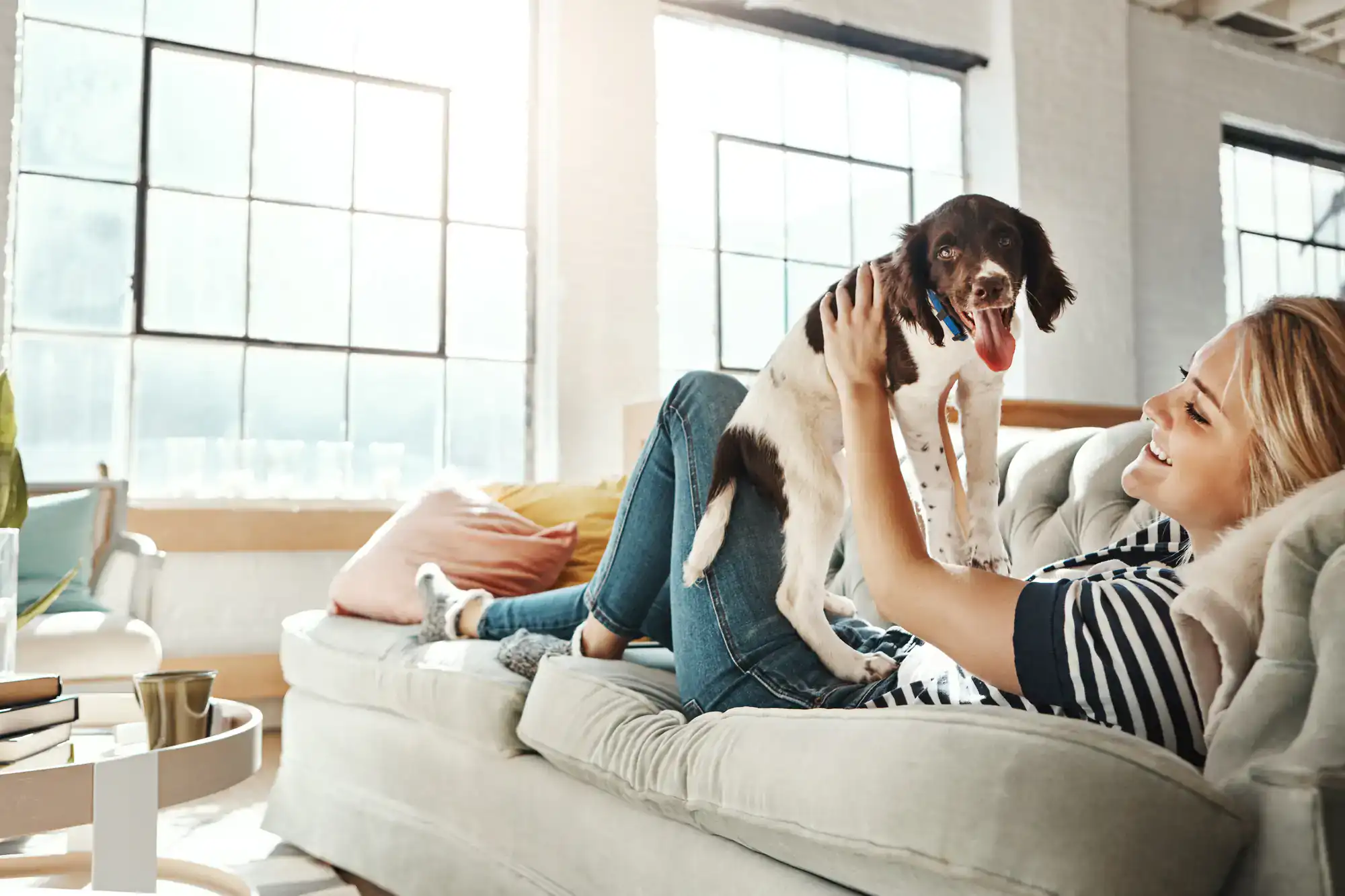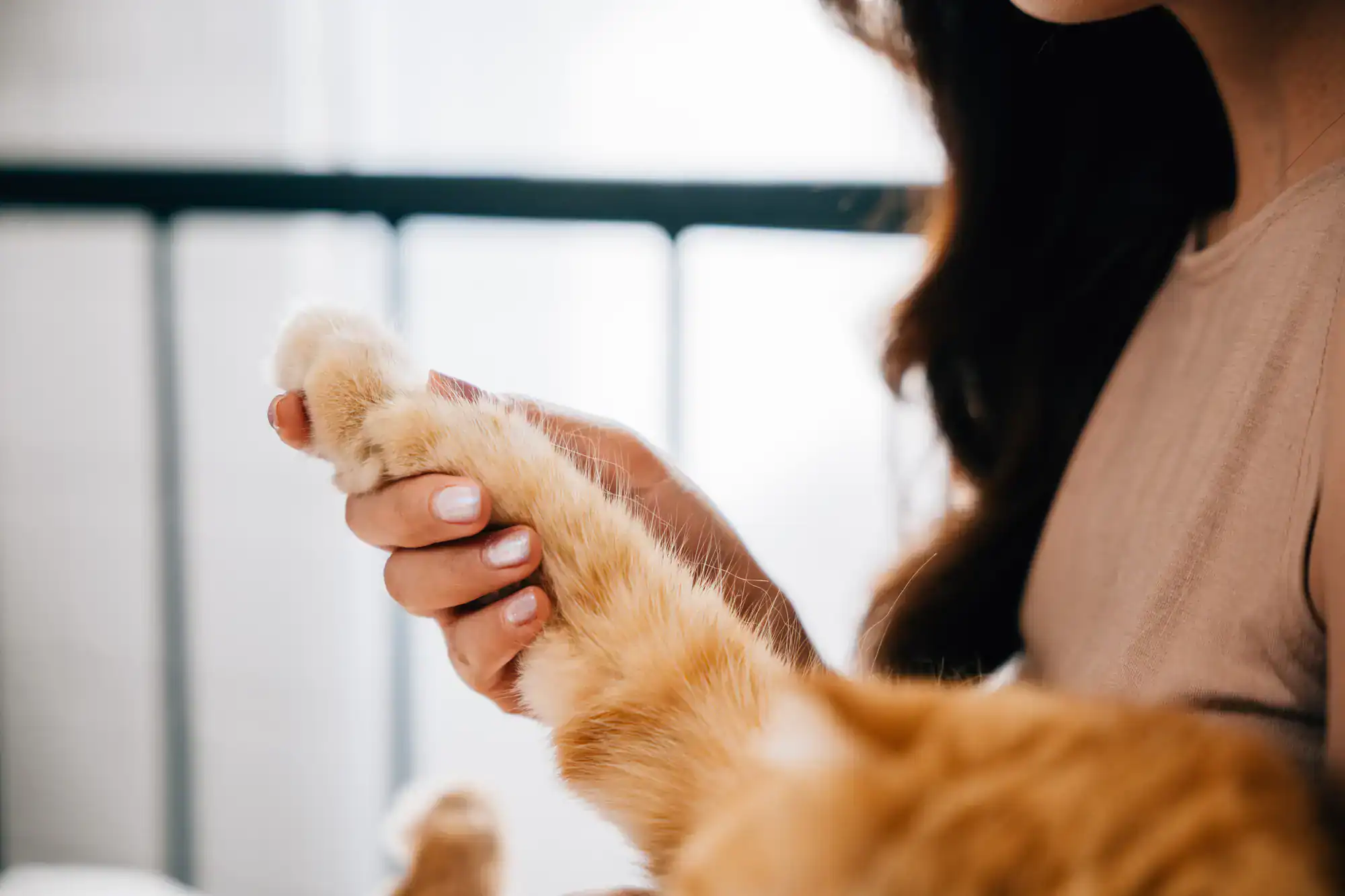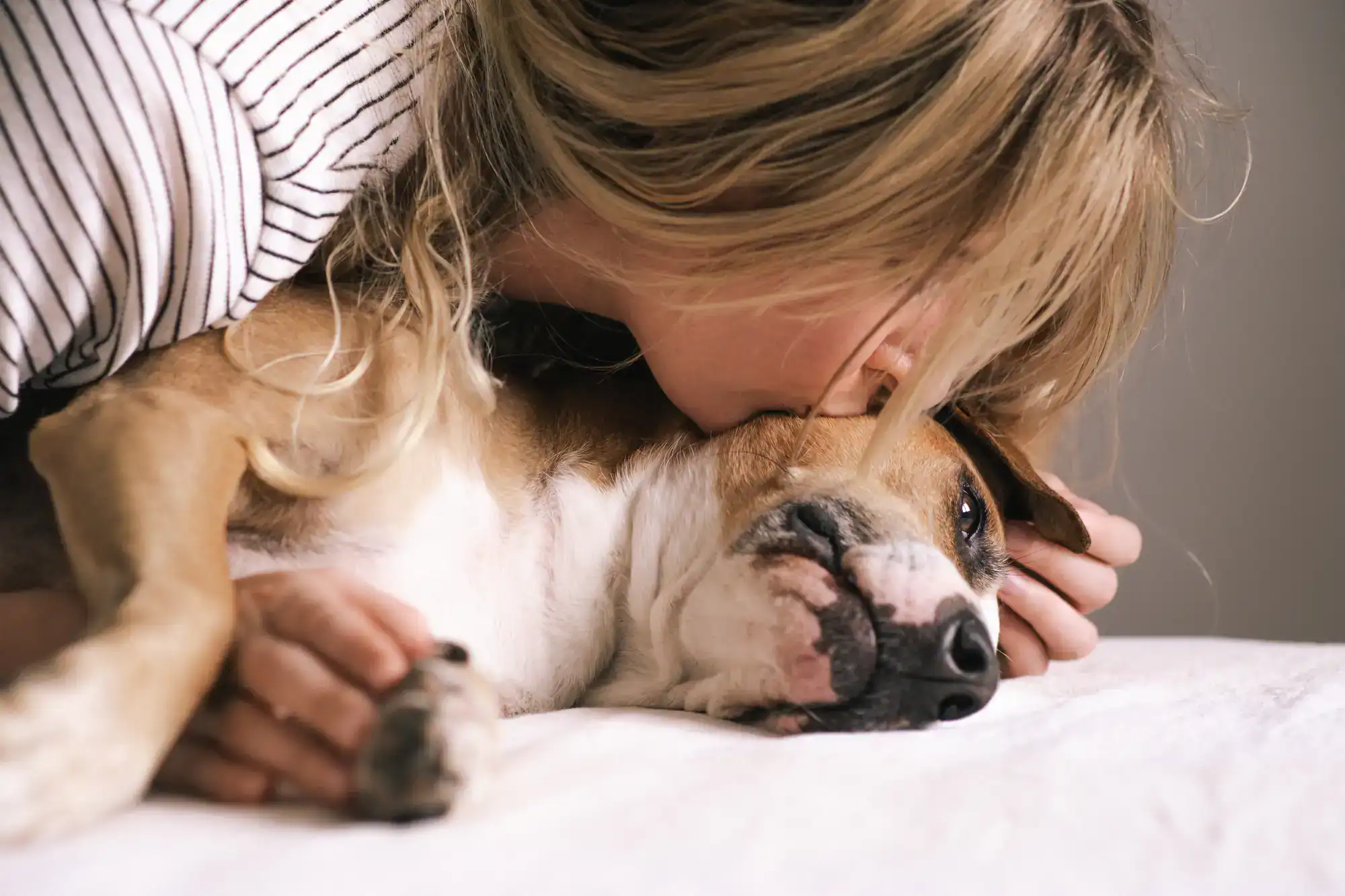Pet Loss Support in North Shore, TX
When Grief Feels Too Heavy to Carry Alone
You’re not broken for mourning this deeply. Your pet wasn’t “just an animal” – they were family, and that bond deserves every tear.

Hear from Our Customers

Coping with Pet Loss North Shore
The silence in your house feels deafening. The empty food bowl sits there like a punch to the gut. Everyone keeps saying “it was just a dog” or “you can get another cat,” but they don’t understand what you’ve lost.
You’re not overreacting. The bond you shared was real, and the grief you’re feeling is completely valid. Your pet gave you unconditional love, comfort during your worst days, and joy in the simplest moments. Of course losing them hurts this much.
What you need right now isn’t someone telling you to “move on” or “get over it.” You need support from people who understand that pets aren’t replaceable, and grief doesn’t follow a timeline. You need resources that honor what you’re going through instead of minimizing it.
Pet Grief Counseling North Shore TX
Angel Oaks Pet Crematory has been supporting North Shore families through pet loss for over 35 years. We’re members of the American Association for Pet Loss and Bereavement, which means we understand the science behind pet grief and the healing process.
We’ve seen thousands of families navigate this pain. We know that losing a pet in North Shore’s tight-knit community means losing your walking companion, your neighborhood fixture, your daily routine. We understand that many of our Hispanic families view pets as integral family members, not just animals.
Our staff includes two full-time veterinarians who’ve guided countless families through end-of-life decisions. We’re not just a cremation service – we’re a support system that recognizes your loss matters.

Pet Loss Resources North Shore TX
When you’re ready for help, we make it simple. You can reach out by phone or through our website – whatever feels more comfortable when you’re grieving.
We’ll connect you with pet loss resources that match where you are right now. If you’re dealing with anticipatory grief because your pet is declining, we have guidance for that. If you’re in the raw, early days after a sudden loss, we have support for that too. If you’re months out and people expect you to be “over it” but you’re not, we understand that completely.
Our pet portal system lets you track your pet’s cremation journey, providing transparency when you need to know your companion is being treated with dignity. We also connect you with local and online support groups where you can share your story with people who truly get it.
You don’t have to figure this out alone. We’ve been helping North Shore families through pet loss since 1989, and we know what actually helps during this time.

Ready to get started?
Pet Bereavement Support North Shore
Pet loss support isn’t just about saying goodbye – it’s about learning to live with a hole in your daily routine. In North Shore, where many families walk their dogs along the bayou or have cats that sit in sunny windows facing the water, pets are woven into the fabric of daily life.
We provide grief counseling resources specifically designed for pet loss. This isn’t generic bereavement support that treats all losses the same. Pet grief has unique challenges: society often doesn’t validate it, there are no bereavement days from work, and people expect you to bounce back quickly.
Our support includes connections to local pet loss support groups, online resources available 24/7, and guidance for families with children who are experiencing pet loss for the first time. We also offer memorial services that help you honor your pet’s memory in meaningful ways.
For our Spanish-speaking families in North Shore, we understand that cultural attitudes toward pets vary, and we provide culturally sensitive support that respects your family’s specific relationship with your pet.

How long is it normal to grieve after losing a pet?
Why do I feel guilty about my pet's death?
How do I handle people who don't understand my grief?
Should I get another pet right away to help with the grief?
What can I do to honor my pet's memory?
How do I help my children cope with pet loss?
Other Services we provide in North Shore
